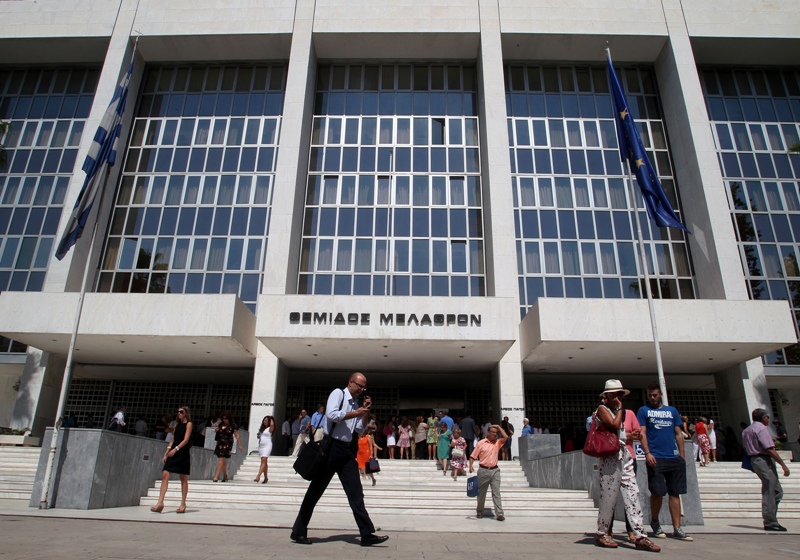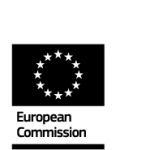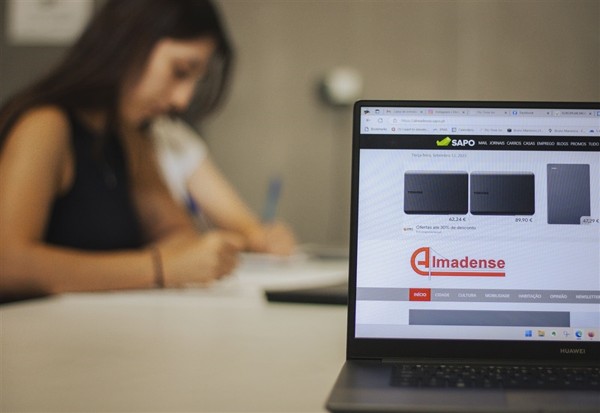In December 2015, Greek legislators received plaudits for finally tackling the country’s industry of vexatious defamation claims by enacting important reforms to the country’s press law. Good laws, however, are only part of the picture: protecting journalists’ rights in defamation cases also depends upon having experienced and knowledgeable judges.
“Greece may have truly taken some steps forward regarding press freedom with the new reforms, but I still feel that most Greek judges, particularly those in the first-order courts, do not really understand the deeper meaning of journalistic freedom the way that judges at the European level do,” Augustine Zenakos, editor-in-chief of the investigative magazine UNFOLLOW, told the International Press Institute (IPI) in a recent interview. The magazine has been targeted in a number of expensive libel claims by powerful public figures.
In particular, Zenakos said, judges’ rulings often reveal a lack of awareness when it comes to journalism and the public good, which has resulted in contradictory rulings from Greek courts being overturned at the European level.
He noted: “Greek judges, for example, may accept that what I wrote in my article was true but still find me guilty of insult and order me to pay €20,000 to the plaintiff.”
Many investigative journalists in Greece who reveal corruption in the public or private sector have a similar story to tell: they are sued for defamation, they go to court, they bring evidence proving that what they wrote is true – but still end up being found liable by a first-order court. Those who have the money, time and patience then try to have the decision overturned at a higher court using rulings from the European Court of Human Rights.
Why is this happening? IPI reached out to some experts to get some answers.
In an interview, Panagiotis Lymperopoulos, vice president of the Greek Association of Judges and Public Prosecutors and a judge at the Athens Court of Appeal, agreed it was essential for judges to stay up-to-date with the most recent case law of both national and international courts.
“First of all, I would like to say that national sources of case law tend to be rather complete and can give pertinent answers to the legal questions raised in the courts,” he said. “For instance, you can see that the judgments of the Greek Supreme Court have direct references to European case law.”
But Lymperopoulos conceded that most Greek judges are not very familiar with researching international case law databases, in part because of the effort required.
He explained: “Searching in these databases means that one either has to know a priori the names of the parties in each case – since the cases are registered by name – or one has to conduct a complicated search by topic. I think therefore that there is still a long way to go concerning the improvement of legal databases.”
Asked whether judicial bodies have begun any initiatives to change the system, Lymperopoulos said a project for establishing a number of “case law research offices” within Greek courts exists with the aim of making important decisions available to judges.
But he stressed: “It is not a secret that this practice has become less and less common due to considerable workloads. So then it is again up to every judge individually to spend time researching the databases. In general, I would say that our information [on rulings] seems to derive from personal initiative.”
Whether each judge can spare enough time to carry out sufficient research, though, is an open question.
“Personally, I may need double the amount of time to find something in an international case law database than in a Greek database,” Lymperopoulos noted.
Nevertheless, legal experts point out that the legal status of the European Convention on Human Rights makes knowledge of the case law of the European Court of Human Rights in Strasbourg compulsory for Greek judges. The same applies to EU law as interpreted by the European Court of Justice in Luxembourg.
“The role of judges, whether in Greece or in any other EU or Council of Europe member state is not to decide exclusively according to the principles of their own state’s legal order,” Nikos Frangakis, a prominent lawyer who has argued media freedom cases at both the Greek and European levels, commented. “They must also work to harmonise those internal legal orders with the general principles in force at the European level.”
What can be done?
In Frangakis’ view, in order to clarify issues that will inevitably arise between national and European courts, methods of systematic communication (either through the telephone or electronic means) must be established, at least for minor issues. For more important issues, visit exchanges have to become standard practice.
Lymperopoulos added that it would be useful for judges to have a handbook on database research, issued by the European Court of Human Rights or the European Court of Justice, in order to be able to search and find the judgments they need.
It is not clear whether these suggestions will be implemented in the future. But experts hope they will be part of the solution to ensuring that Greek judges gain more experience with European law, acquire a deeper understanding of press freedom and, ultimately, better protect journalists’ rights in defamation cases.




